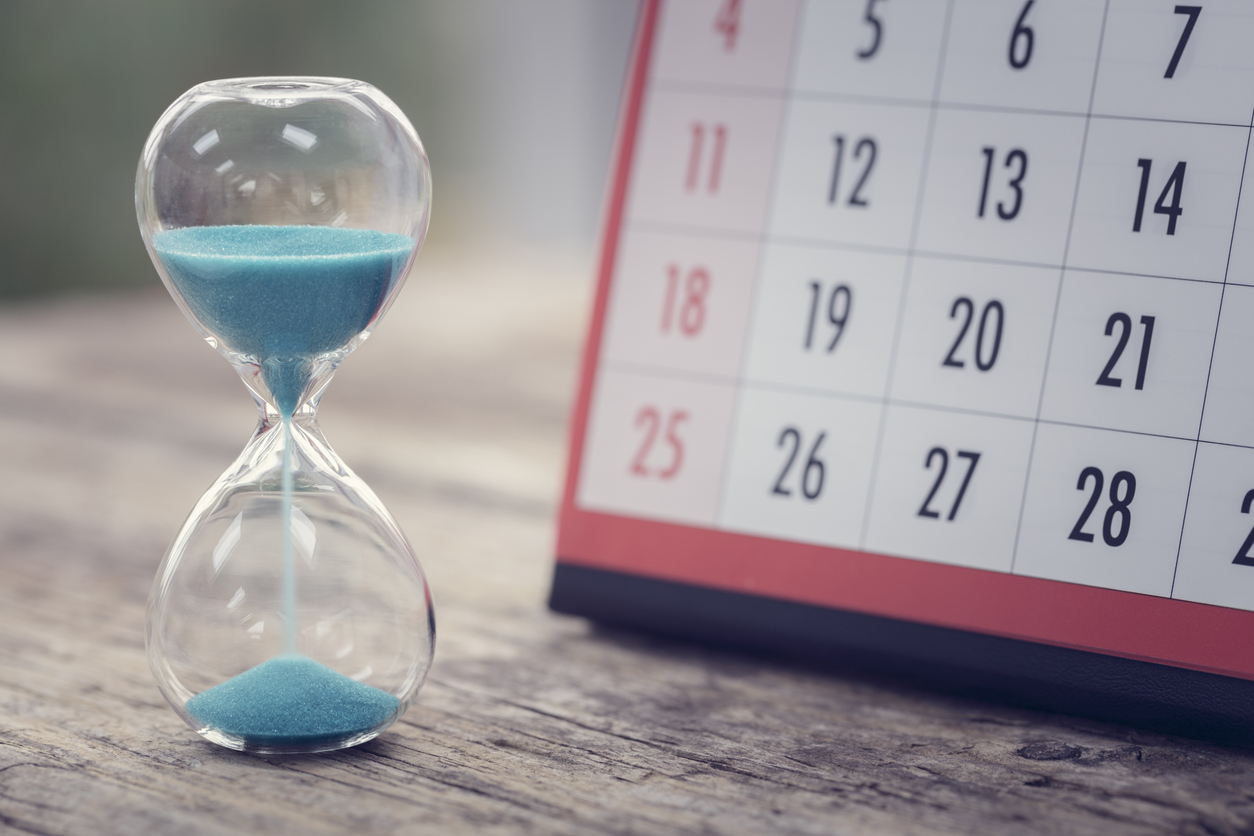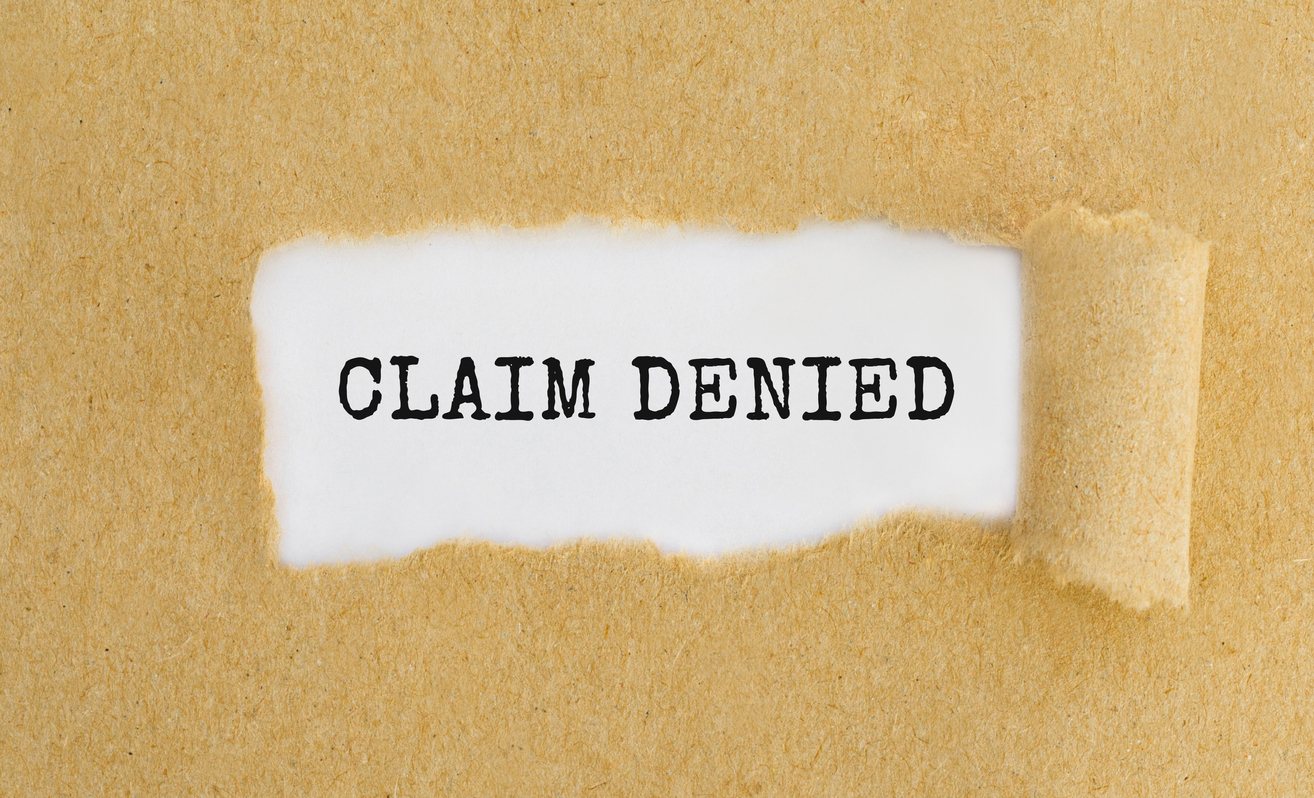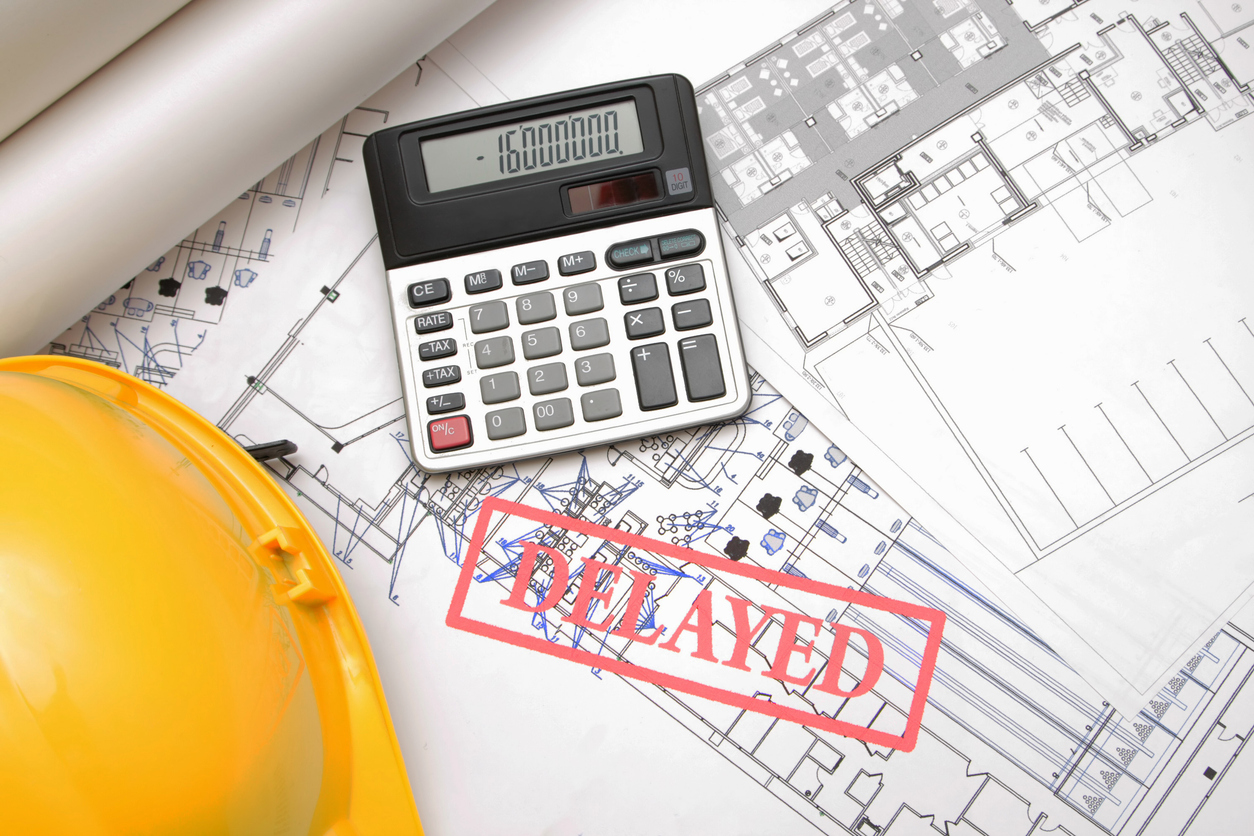On May 25, 2013, I wrote about how to help after devastating tornadoes swept through Oklahoma. Now, one year later, I felt it was important to again post to help the victims of the tornadoes that ravaged many states in the South last week.
So often we find ourselves complaining about bad traffic, a waiter who makes a mistake with an order, or other very trivial issues. Then something devastating – shocking eye-openers like the Boston Marathon bombings or a rampage of tornadoes – happens and we remember what is really important. Being 5 minutes late to a meeting or not having Swiss cheese on a sandwich is insignificant.
Watching news coverage from the tornado losses has reminded me to stop and smell the roses, and look at the big picture more often. We all need to be more thankful for the good that surrounds us everyday instead of letting trivial issues eat away our precious energy. Families in Kansas, Alabama, Arkansas, Mississippi, Tennessee, Kentucky, and again Oklahoma are beginning to come to grips with the losses that storms caused last week. At last count, 34 people lost their lives in these terrible storms. Whole neighborhoods and towns were devastated by terrible winds, rain, hail, and tornadoes over the course of two days.
Many impacted by these bad storms are just starting to meet with their insurance companies in search of answers about what to do regarding the property loss. I picture many who will search for help or guidance online from a tablet as they lay awake sleepless due to the magnitude of the loss and constant worry. If right now, you are on Google searching: “tornado damage help,” “what is a public adjuster and how and they help?” or “what to do when my insurance company is ignoring me?” – this is the right post for you, and a blog you should subscribe to right away.
After a catastrophe like these first spring storms, we see some of the same problems happening over and over again across the nation when it comes to property damage. Insurance companies are sending untrained or improperly trained adjusters to inspect damages. Many insurance companies are ill-equipped to disperse properly train catastrophe adjusters.
Policyholders often think that the person being sent by the insurance company should come promptly, be well trained in insurance coverage, and familiar with the type of damage the storm caused. But often times, insureds can be in for a rude awakening. One way to combat the poor response of the insurance company is to hire your own insurance adjuster, a licensed public insurance adjuster. Most states allow for public adjusters to represent policyholders in claim presentation and negotiations. States can heavily regulate the public adjusters who are hired and make sure their fees and work product are done properly pursuant to state specific laws.
Here are some other tips that have helped clients in the wake of a storm or after other life-alerting claims:
- Stay Safe. Protecting yourself and your family is number one. Be very careful not to enter unsafe buildings.
- Take pictures and video galore! When you feel like you have taken enough pictures take twice as many more. Remember this may be the only evidence you have in the case. Do not give the insurance company your only copy of the photos!
- Upload photos to a safe place like a photo sharing or photo printing site. I recommend snapfish.com or walgreens.com. Also, check old online accounts to find pictures of the house or business before the damages, even if the house is just a backdrop in other photos. You can prove the building grade and quality of materials with these photos and it can help you prepare a personal property inventory.
- Keep the names and license numbers of every single person you speak with about this matter. This includes all board-up companies, adjusters, extraction companies, contractors, etc.
- Make a time line log of calls and activity. Mark down who doesn’t call you back and fulfill their promises. This can make a huge difference in a claim and really helps down the road. Remember this may be your only claim but the insurance company is dealing with many.
- Immediately request a complete policy from the insurance company. DAY ONE! Just having a few declaration pages is not enough.
- Once you get the policy— you need to read it. Need help? Ask an experienced insurance professional that helps policyholders.
- Don’t throw things away! I know it is a mess, but do not start throwing things into the dumpster. This disturbs the evidence and extent of the loss. If the insurance company has completed its investigation and tells you that you can discard items, make sure you tell them you want that permission in writing. Helpful action is to video the removal and disposal once you have the written authorization.
- Watch out for companies who are not licensed and trying to prey on storm victims. Again, a best practice is to get the names, licenses, and company information for all who contact you and do your research before you hire! Remember, only you, an attorney, or a licensed public adjuster, can negotiate with the insurance company.
Visit United Policyholders for more information. If you have additional questions or comments, post them below, call, or email us. For anyone dealing with a catastrophic loss, it is a shocking time, and if you aren’t thinking clearly (understandably so) very negative ramifications can occur. It is best to be informed and equipped with an understanding of what should be happening on your claim so you can avoid all detours on the road to resolution.



